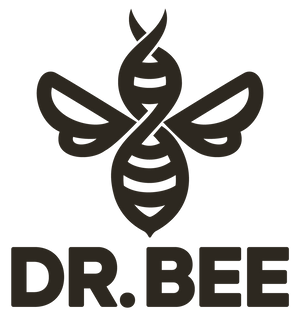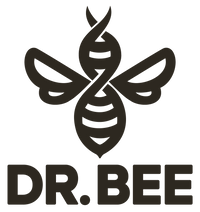Bees pollinate our crops.
They work very hard for the health and happiness of their hive.
They are called busy bees for a reason. Bees live in a highly organized society composed of three types of adult bees, each with their own set of responsibilities: workers, drones, and the queen bee. The worker bees, as the name implies, are the hive's laborers, performing tasks that keep their hive happy and healthy. These obligations include everything from nursing larvae and the queen bee to cleaning cells and collecting nectar.
They are incredible engineers.
Honeycombs' perfect hexagonal shape has inspired a wide range of human designs, including airplane wings, boats, cars, and packaging design. Because of the geometry of its shape, the hexagon uses the least amount of material to support the most weight. And the less energy and wax bees need to build the hive, the more energy they can expend on other important activities, such as foraging and honey production.
They dance to communicate with each other.
When a bee finds the perfect flower patch and wants to share it with other bees in its colony, it performs the waggle dance. After a successful scouting mission, the bee returns to the hive and communicates direction by waggling back and forth in circles and straight lines in front of the other bees. A round dance, on the other hand, will reveal the distance between the flower patch and the hive.
Honey bees produce hive products that have been used since ancient times by humans.
Not only do they make delicious honey, but they also provide us with beeswax, bee propolis and propolis, royal jelly, and bee venom. These by-products have various applications and are all thought to have health-promoting properties that can contribute to our overall well-being.




